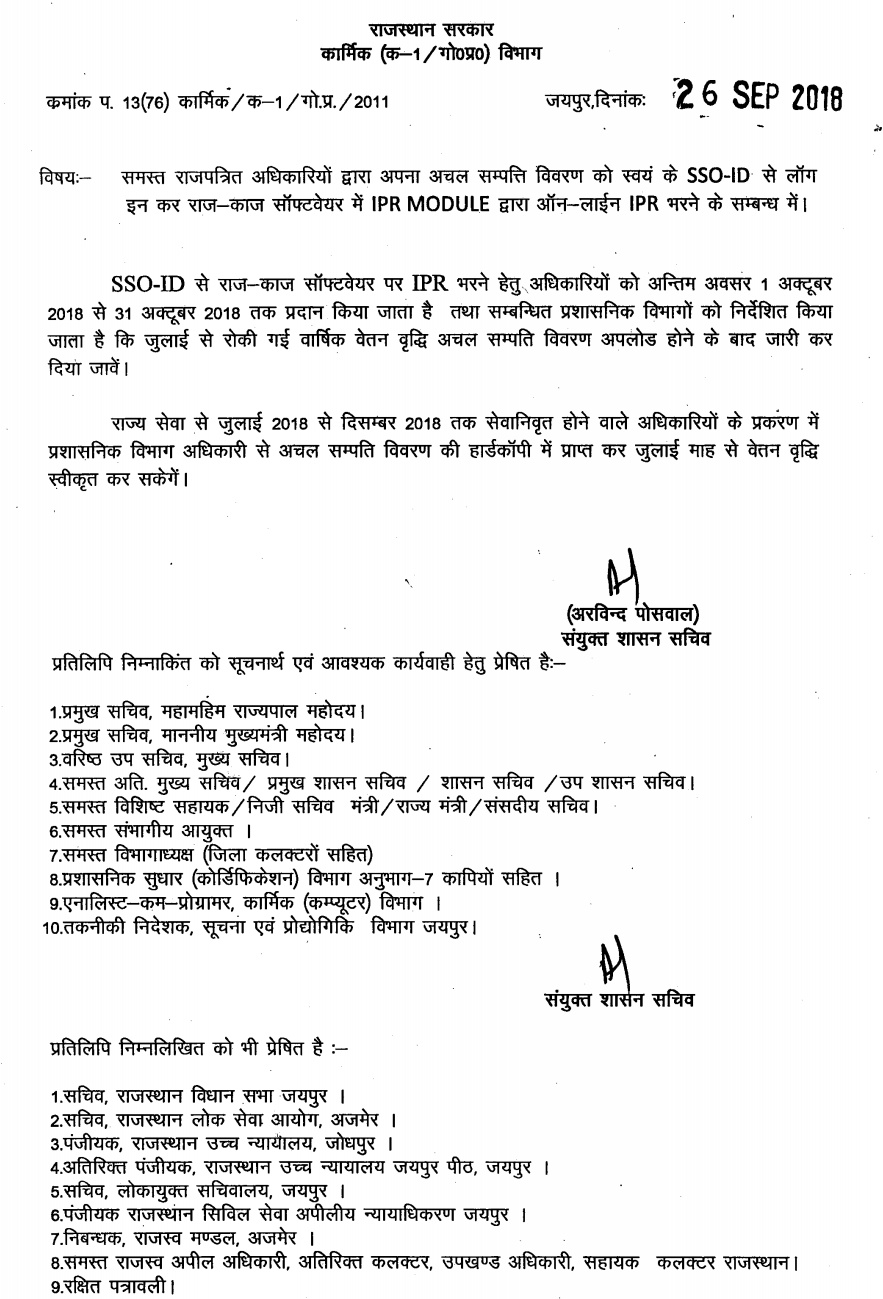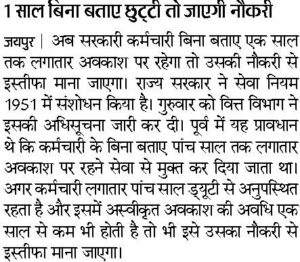Rajasthan Health System Development Project (RHSDP) was conceived with the support of World Bank. The ultimate goal of the project is improvement in the Health of people of the State, with the following aims and objectives.
1. To enhance the effectiveness and quality of health services at the primary and secondary levels through policy and institutional development.
2. To increase access to and equity in health care service delivery with particular focus to the underserved sections.
To achieve these objectives the whole project has following components.
1. Policy Development and Project Management
2. Improving Quality and Efficiency of Public Health Care services at Primary/secondary level.
3. Improving access to Health care services for poor.
In consonance with the components it is proposed to strengthen the referral system. In this context quality norms have been decided for various levels of Medical Care facilities.
Referral services are non-existent in the state and do not have definite norms.
Patient is at liberty to seek care at any level of his/her choice and convenience.
In other words a patient does not require referral slip or prior appointment to seek care at higher level facilities. Most of the in- patients at the secondary level institutions, such as CHCs or district hospitals, by pass the primary health facilities, whenever they wish. Self referrals even for common ailments create overcrowding at higher-level institutions. CHCs are also bypassed for even minor ailments resulting in extremely poor bed occupancy. The main reasons for bypassing lower level institutions seem to be lack of diagnostic andreatment facilities at these centers, absence of qualified medical
1
and nursing staff, non-availability of drugs, poor equipment, and people’s lack of knowledge about the available services. On the other hand, people often refuse to be referred to higher-level institutions, especially in backward areas, due to high transportation and other costs, and apprehension of mistreatment or poor attention there. In improving quality of health services, a key instrument is referral system, which has to be reviewed to make it stream lined.
The project strongly emphasizes that strengthening of secondary level hospitals would raise credibility of the primary health care system as the referred cases from the primary level will get better quality care on the one hand while reducing the work load of tertiary care hospitals on the other. It is thus imperative to have a good referral system with adequate support so that services
are available in a comprehensive manner nearer their doorsteps. An efficient and effective referral system depends upon
• Linkages between different levels of health care
• Availability of specialists and support services
• Resources
• Timely decision
• Transport and communication
• Referral criteria and protocols
• Feedback and follow-up





